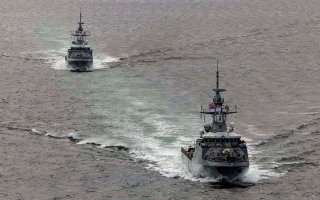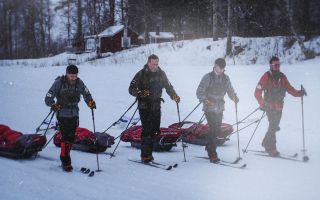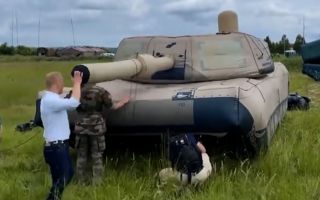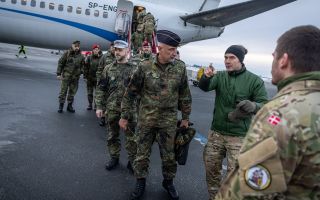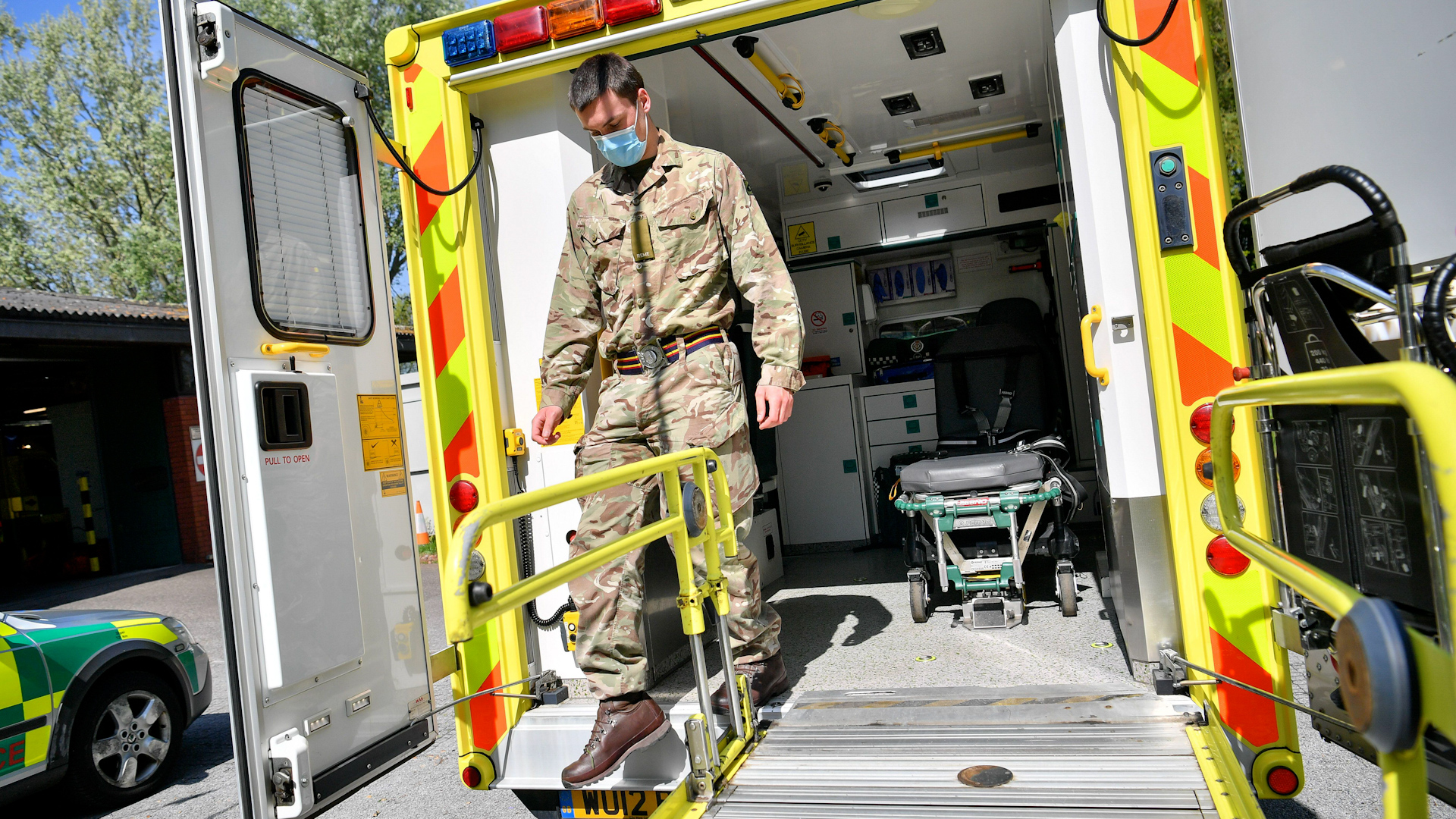
750 military personnel to cover ambulance strikes

Seven hundred and fifty military personnel are set to be deployed to cover ambulance strikes.
Six hundred personnel from all three services are expected to be used in ambulance driving roles, while the remaining 150 will be used in a logistical capacity.
The country is set to be hit by a wave of strikes over the coming weeks as Royal Mail staff, nurses, paramedics, rail employees and Border Force officials all stage walkouts over jobs, pay and conditions.
A Ministry of Defence (MOD) spokesperson confirmed the MOD had accepted a request from the Department of Health and Social Care under the Military Aid to the Civil Authorities process, also known as 'Maca'.
A Cobra (civil contingencies committee) meeting is being held later to discuss plans for the military and civil servants to cover striking workers.
The Prime Minister's official spokesman suggested to reporters that a formal Maca request has also been made for the Border Force.
He said: "There's a formal Maca request in for the NHS, so that means military personnel being deployed to help hospital trusts across the country ahead of ambulance strikes, and I believe they're also due to support Border Force at the borders."
Rishi Sunak's spokesman added there was no set number yet for military personnel who might be involved in covering for striking Border Force workers as the "full scale of strikes" was not yet known.
The official said "civil servants are being trained to support services as well," but did not provide details on which areas they might cover.
Shadow defence secretary John Healey criticised the moves to deploy the military to cover the strikes, tweeting: "Our Armed Forces are there to defend our nation, but are having to bail out Conservative ministers.
"Troops will perform tasks with professionalism, but extra demands raise concerns as ministers cut the size of the Army and we face growing threats."
Last week, Mr Sunak admitted "many" Armed Forces personnel will miss Christmas to cover striking workers.

